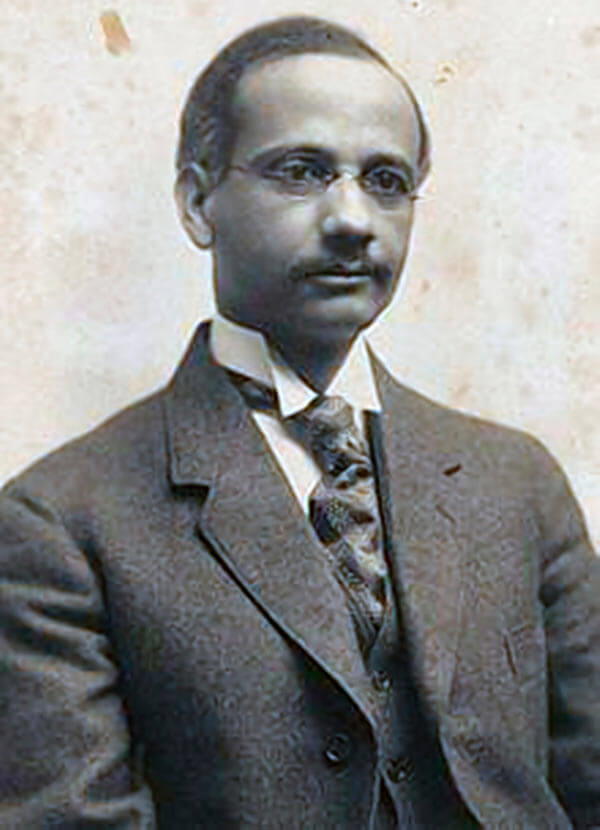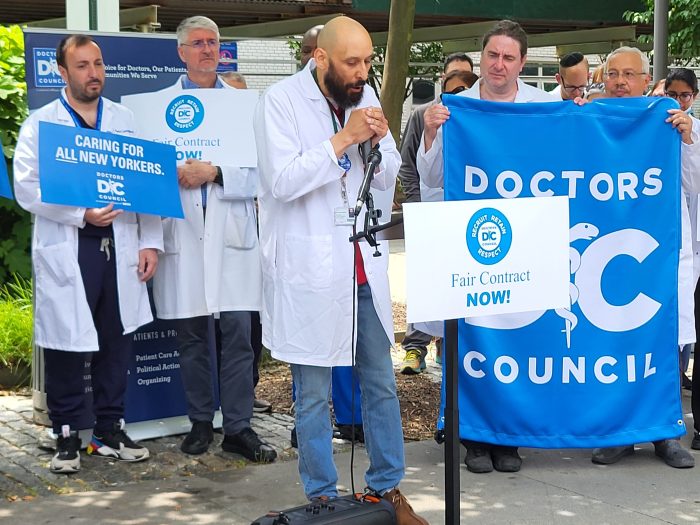In celebration of Black History Month, the Alzheimer’s Association recognizes African-Americans who are working tirelessly in the field of Alzheimer’s disease research. We also remember the accomplishments of Solomon Carter Fuller, M.D., the first known black psychiatrist in America and an early pioneer in the fight against Alzheimer’s. Dr. Fuller collaborated with Dr. Alois Alzheimer, identifying the disease we now know as Alzheimer’s and helped translate much of his work from German to English.
Born in Liberia, Dr. Fuller’s grandparents were medical missionaries in Liberia, so young Solomon was interested in studying and practicing medicine from a young age. Fuller left Liberia in his teens and came to the United States to study. He graduated from Livingstone College in North Carolina in 1893, and received an M.D. from Boston University School of Medicine in 1897, where he then taught for 34 years. He concurrently worked as a pathologist at Westborough State Hospital in Boston.
In 1904, he traveled to Germany to study with Alois Alzheimer at the Royal Psychiatric Hospital in Munich. Alzheimer was studying the neurodegenerative disease that now bears his name, which was then known as “presenile dementia”. Dr. Alzheimer had selected only five foreign students to work as his research assistants, and Fuller was the only American scientist chosen for this honor. When Fuller returned to the U.S. in 1906, he continued his Alzheimer’s work in Massachusetts while also studying the causes of schizophrenia, manic depression, and other psychiatric conditions.
Later in his career, Fuller went to Tuskegee, Alabama, to develop the neuropsychiatric ward at the VA hospital there, and to train the doctors who would eventually head the department. He eventually became an emeritus professor of neurology at Boston University, and the mental health facility there is officially named the Dr. Solomon Carter Fuller Mental Health Center, in honor of his many contributions to psychiatric research.
Dr. Fuller’s legacy lives on in the many inspiring African-American doctors and researchers working toward methods of treatment, prevention and, ultimately, a cure for this devastating disease.
The Alzheimer’s Association provides resources and materials for many diverse audiences, including information and issues that might be of concern to African-Americans. For more information, call the Alzheimer’s Association toll-free, 24/7 Helpline at 800-272-3900 or visit alz.org/





















